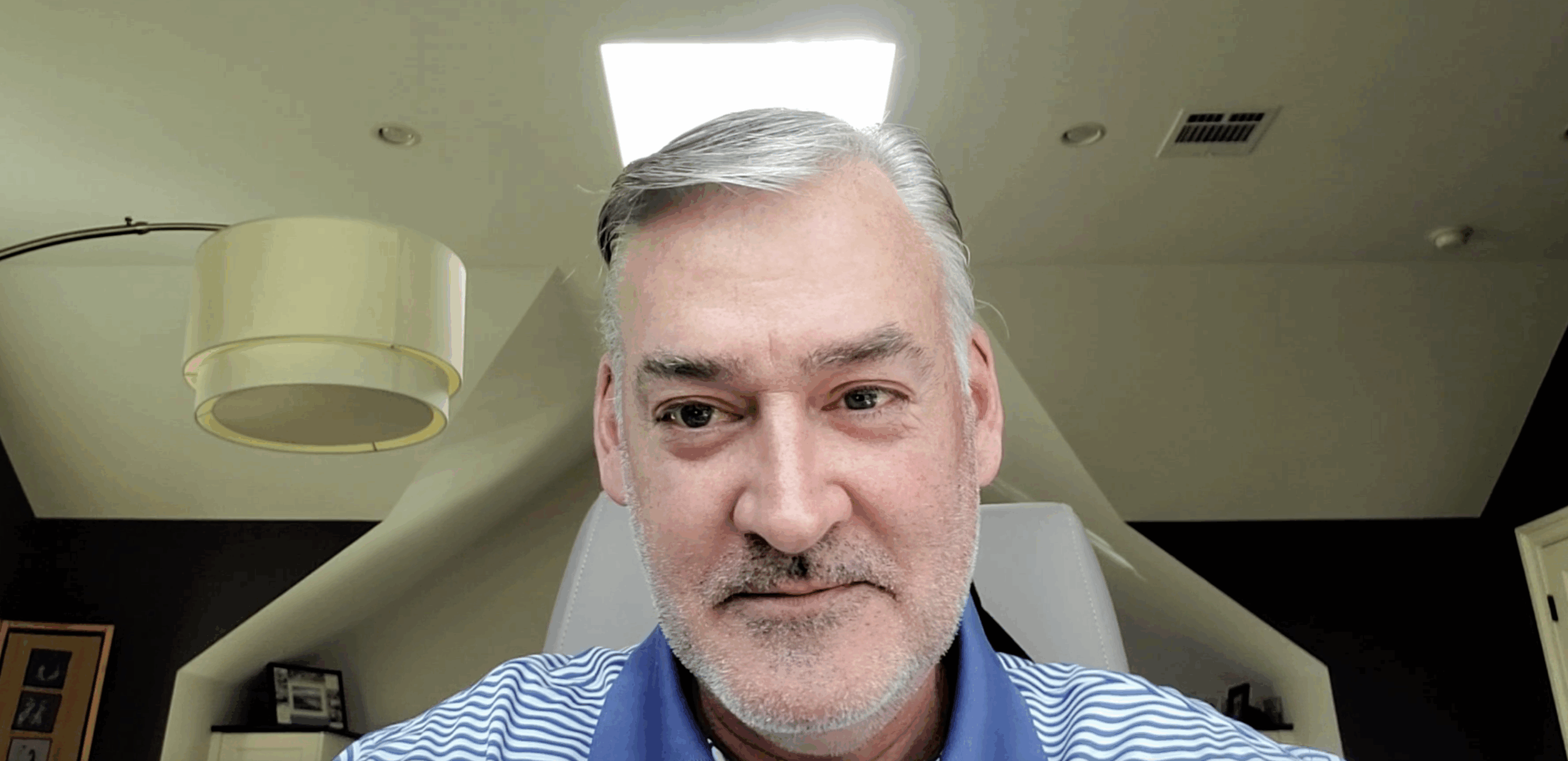On June 26, 2024, Growthspace hosted an enlightening webinar titled “Building Exceptional Leaders for Any Work Environment,” featuring panelists Leeza Frantz, Kerry Olin, and Tom Goulet. The discussion provided deep insights into the evolving landscape of leadership, especially in remote and hybrid work environments. Here are the key takeaways and insights from the session.
The Importance of Behavioral Norms and Intentionality
Kerry Olin, former VP of HR at Microsoft, highlighted the significance of behavioral norms and intentionality in leadership. He emphasized, “Creating and modeling behavioral norms, like team agreements about meeting times and camera usage, are crucial.” Olin pointed out that rigid rules often fail, but flexible agreements can lead to better team dynamics. He shared a practical example from Microsoft: “When we started coming back to work, we agreed to be in-person the first Monday of every month. This consistency helped us plan and made our in-person time more meaningful.”
Leveraging Technology and Communication Tools
Tom Goulet, an experienced HR executive, stressed the importance of using the right technology and communication tools to connect with remote teams effectively. He advised leaders to be intentional about their communication methods: “You need to decide if you will use Teams, Zoom, or in-person meetings, and ensure the technology serves its purpose.” Goulet also highlighted the necessity of clear and consistent communication to maintain alignment and engagement across dispersed teams.
Trust and Autonomy as Pillars of Leadership
Leeza Frantz, former SVP of People and Culture at Synagogo, discussed the critical role of trust and autonomy in leading remote teams. She shared, “One of the key skills often overlooked is knowing how to drive the autonomy of your teams. It’s about trusting your employees to do their work independently while providing the necessary support.” Frantz emphasized the need for a robust performance management system that aligns individual goals with the company’s mission and vision.
The Role of Emotional Intelligence (EQ)
The panelists agreed that emotional intelligence is vital for effective leadership in any work environment. Goulet mentioned, “Leaders must build strong EQ skills to connect with their teams on a personal level. Understanding what makes your employees tick, their personal and professional challenges, and how they prefer to be communicated with can significantly impact their engagement and productivity.”
Continuous Learning and Adaptability
Olin stressed the importance of continuous learning and adaptability for leaders. He remarked, “We are closer to the beginning than the end of understanding hybrid work. Leaders need to maintain a mindset of always learning and adapting to new challenges and opportunities.” This sentiment was echoed by all panelists, emphasizing that the journey towards effective hybrid leadership is ongoing and requires a commitment to personal and professional growth.
Practical Steps for Leaders
- Set Clear Goals and Expectations: Frantz highlighted the importance of transparency in goal setting. “Articulate not just the ‘what’ but also the ‘why’ and ‘how’ of goals to create alignment and purpose.”
- Foster a Culture of Trust: “Trust but verify,” advised Frantz. Leaders should build an environment where employees feel trusted to work independently while knowing they can seek help when needed.
- Use Technology Wisely: Goulet emphasized being intentional with communication tools. “Choose the right platform for the right message and ensure it facilitates effective communication.”
- Develop Emotional Intelligence: “Building strong EQ skills helps leaders connect with their teams, fostering trust and transparency,” noted Goulet.
- Commit to Continuous Learning: Olin encouraged leaders to stay curious and open to new ways of working. “Adopt a mindset of always learning and adapting.”
Conclusion
The Growthspace webinar offered profound insights into building exceptional leaders for any work environment. By focusing on behavioral norms, trust, autonomy, effective communication, emotional intelligence, and continuous learning, leaders can navigate the complexities of remote and hybrid work environments and foster a motivated, engaged, and productive workforce.
For a deeper dive into the conversation, watch the full video here:




